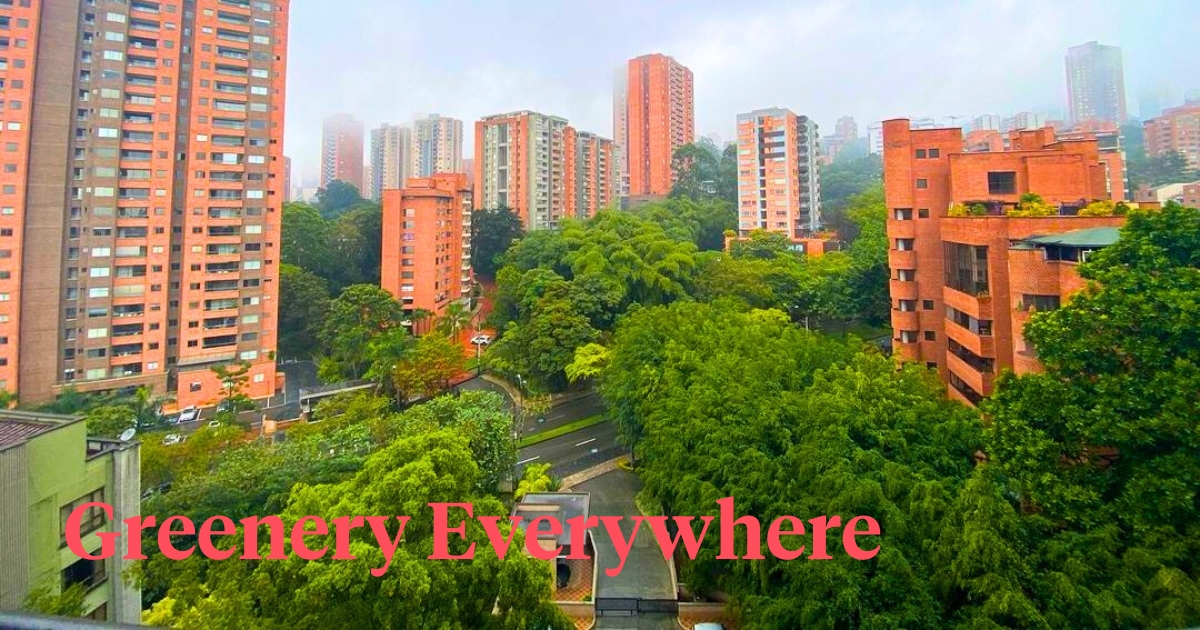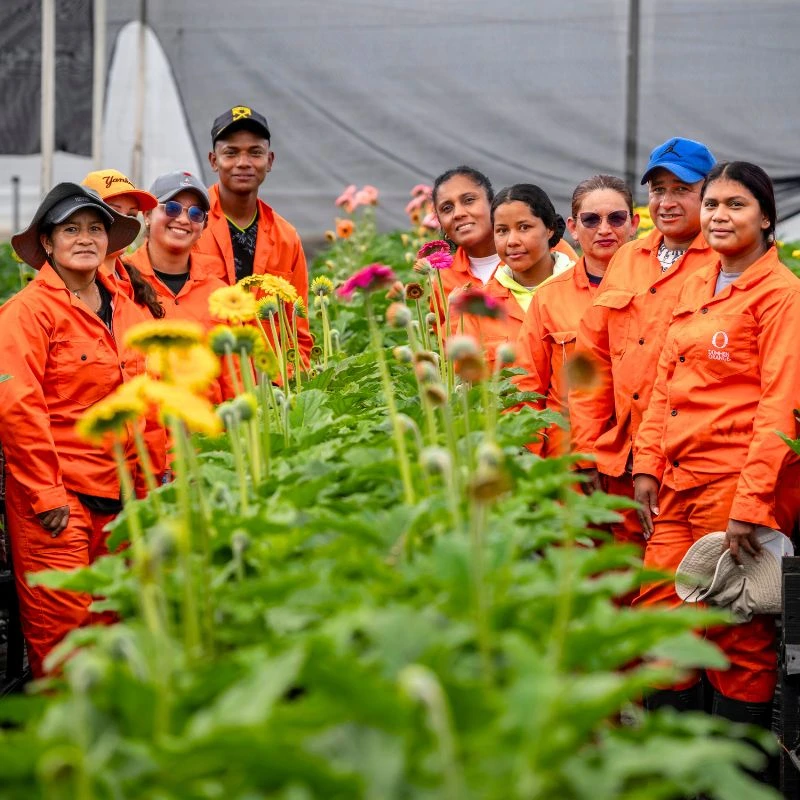How did Medellin, one of Colombia's most beautiful tourist cities cool dramatically in just three years? The answer: trees, trees, trees, and hundreds of green plants. Green is the answer to much of the coolness and freshness the city feels nowadays, given it's a tropical city that can get very hot during certain times of the year. How has the city achieved this level of greenness? Keep reading to find out.
Medellin - The City of Green Corridors
The 'green corridors' of the Colombian city, which mimic a forest in the natural world, are lowering the temperature, which could drop by five degrees over the next few decades. Also known as the city of eternal spring, so named because of its year-round mild climate, Medellin has maintained its coolness in the face of a planet warming up quickly.
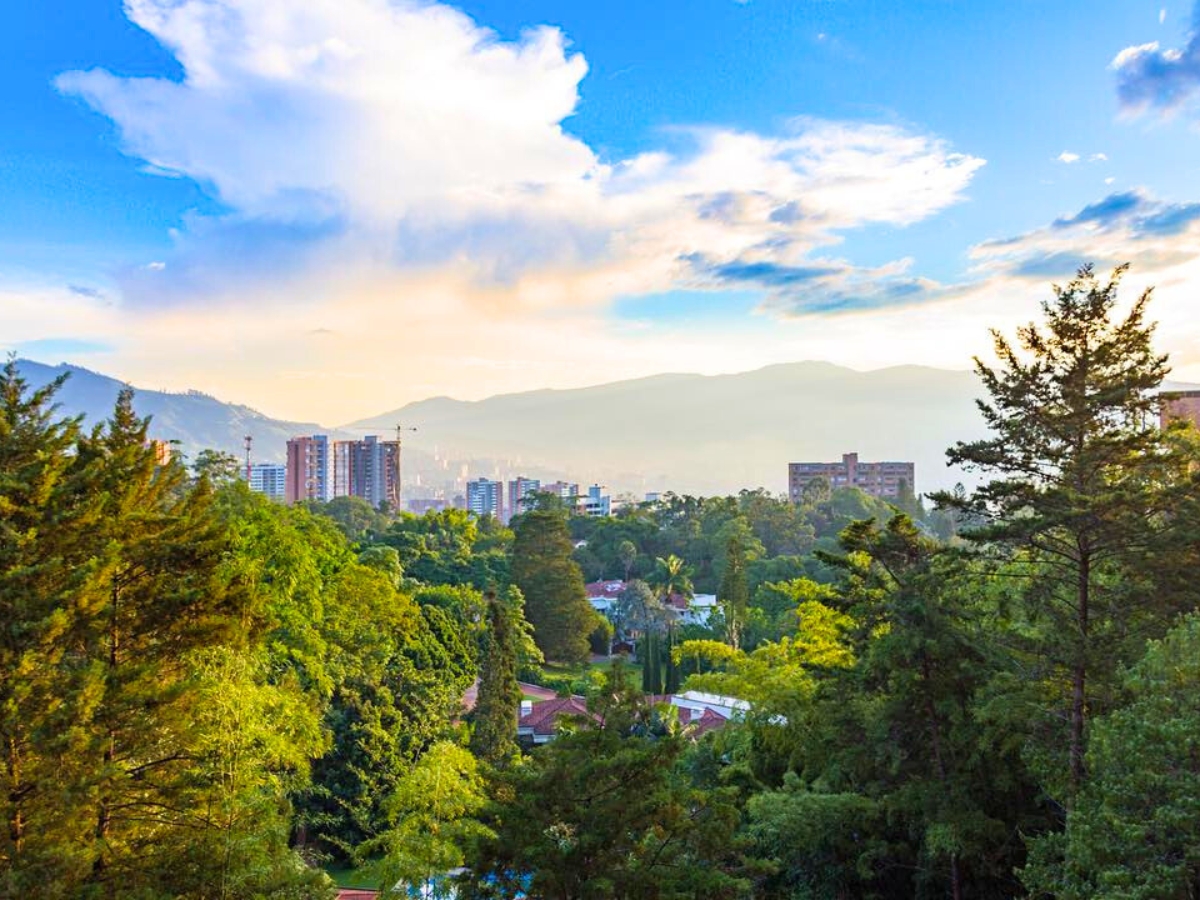
In the past, Medellin experienced years of intense urban growth that created a serious urban heat island effect, causing the city's temperature to rise noticeably above that of the nearby suburban and rural areas. Compared to green infrastructure, roads, and other concrete infrastructure are much better at absorbing and retaining solar heat.

Pilar Vargas, a forest engineer working for City Hall expressed:
“Medellin grew at the expense of green spaces and vegetation. We built and built and built. There wasn’t a lot of thought about the impact on the climate. It became obvious that had to change.”

Green Changes That Come With Great Effort and Time
In 2016, initiatives were started by Federico Gutiérrez, the mayor of Medellín at the time (who was re-elected at the end of 2023 after serving one term in 2019). The city started using a new strategy for urban development that emphasized people and vegetation.

Photo: @waheedaharris
Thirty Green Corridors were developed along the city's roads and waterways as a result of the $16.3 million initiative, enhancing or creating over 70 hectares of green space, including 20 kilometers of shaded paths with bike lanes and pedestrian walkways.
In the face of urban heat, these plant- and tree-filled areas provide cool, fresh air. They link various green spaces, including parks, squares, curb strips, sidewalks, vertical gardens, and even some of the seven hills that encircle the city. Together with low, medium, and high plant levels—including native and tropical plants, bamboo grasses, and palm trees—the corridors are also intended to resemble a natural forest.
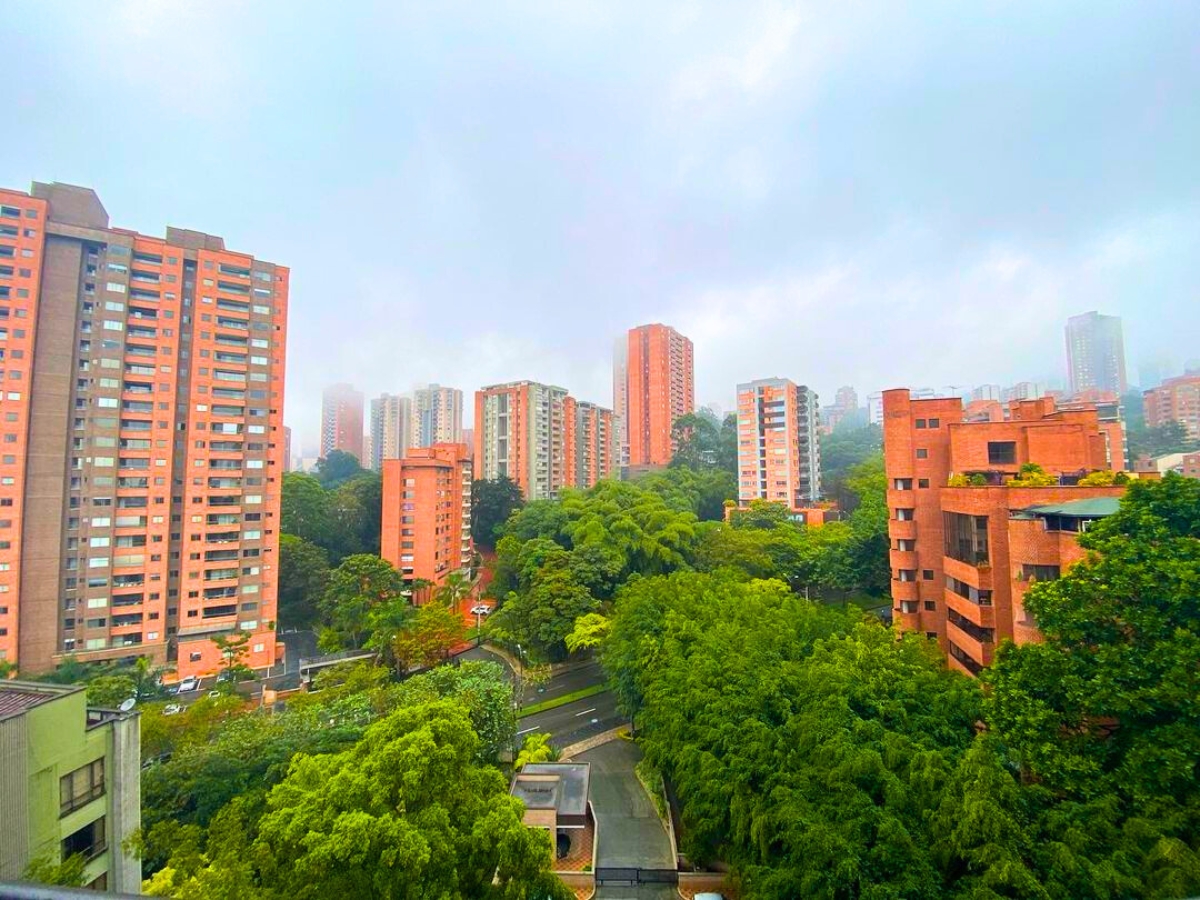
A City to Look Up to When it Comes to Green Initiatives and an Endless Love for Trees and Plants
If you've visited Medellin, you probably noticed that not only streets are filled with green trees and plants but also architecturally speaking, almost every restaurant and diverse building and hotels are completely stacked and filled with marvelous green plants. The project's remarkable success in cooling the city has made it well-known throughout the world. In addition to lowering temperatures, experts claim that it has restored wildlife to the city and has the potential to improve air quality.

Concerns over climate change-related heatwaves are growing, particularly in urban areas where the urban heat island effect can raise temperatures even further. Medellín's implementation of green corridors provides a popular, low-cost solution that other cities are increasingly attempting to imitate. Is it a potential model for a future city that is resilient to climate change?
Did you know that trees used in the corridors act as green barriers, absorbing a significant amount of pollution? Some species used in the Medellin project were known to be especially efficient at absorbing pollution such as the Mango Tree (Mangifera Indica).
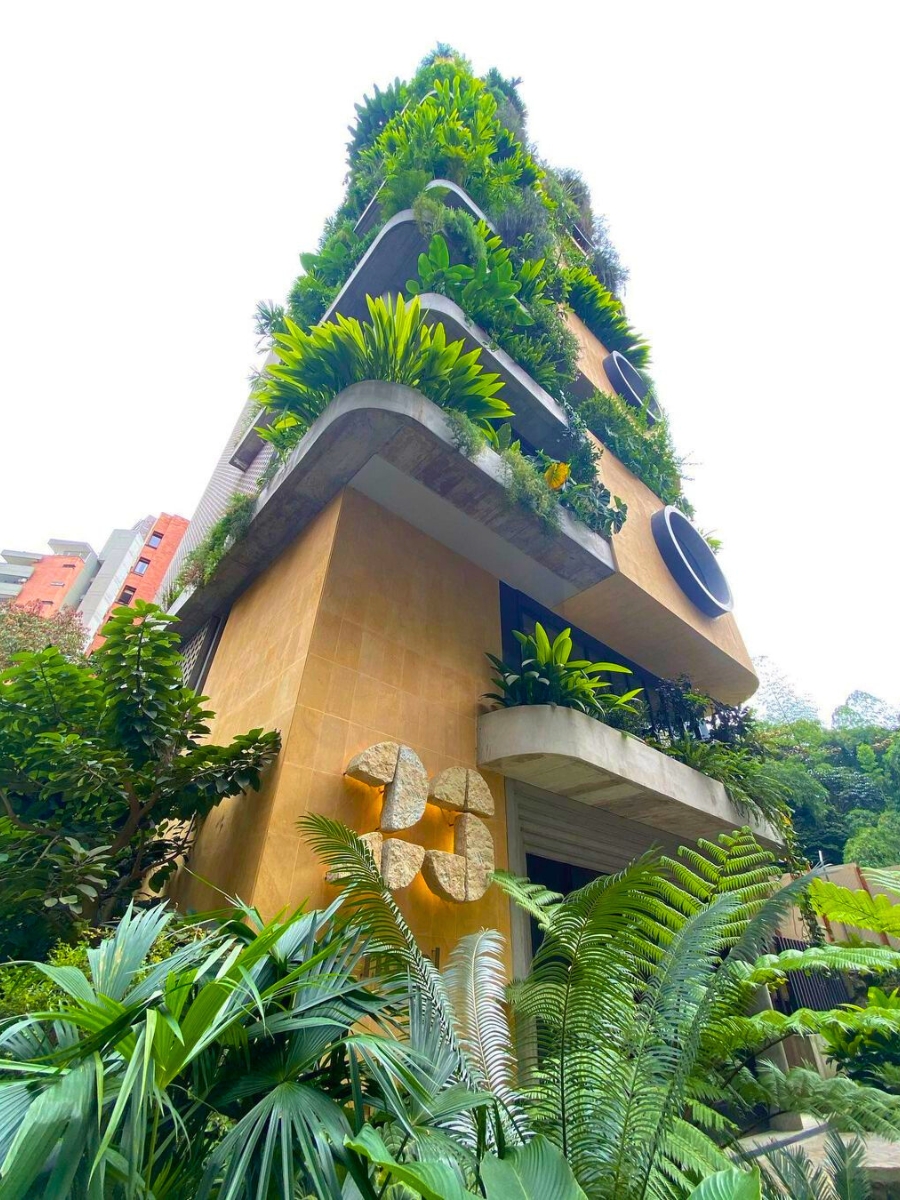
About 124 parks are included in the project, connected by the 30 green corridors and enhanced with fresh greenery. The increase in greenery throughout the city is also helping the climate. What a way to create a win-win situation both for the natural environment and for its people!

